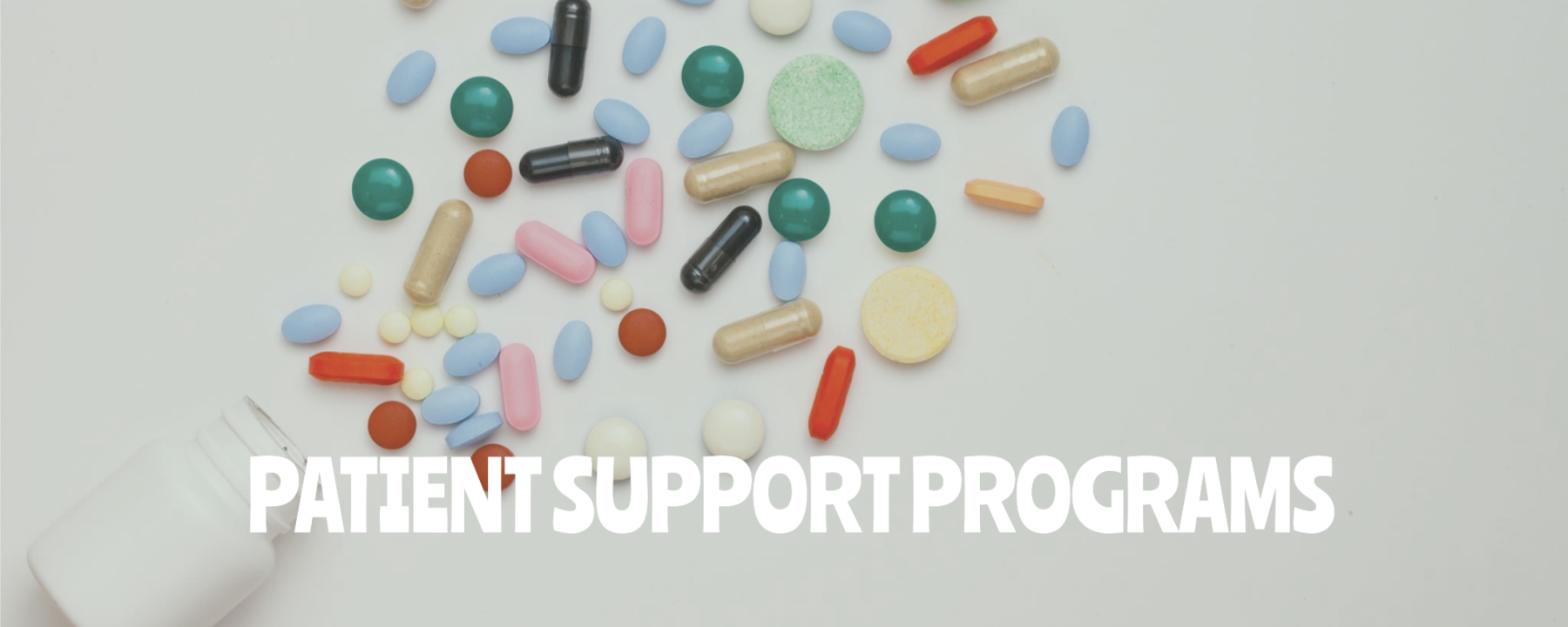
Patient Support Programs and Access to Medications: A Comprehensive Overview
Introduction
Patient Support Programs (PSPs) play a critical role in improving healthcare outcomes by ensuring patients have access to medications and adhere to treatments. This is especially vital in regions like Mexico, Brazil, and the broader Latin America (LATAM), where diverse healthcare systems, socioeconomic factors, and logistical challenges can impact patient care. By providing education, advocacy, and tailored support, PSPs bridge gaps between patients and their treatments, helping improve overall healthcare experiences.
Descriptions
Patient Support Programs (PSPs) are designed to assist patients through the various stages of their treatment journey. They provide essential services like education, logistical support, and advocacy to ensure that patients remain on track with their therapies, improving health outcomes, particularly in regions where healthcare access is uneven.
Access to Medications is a central feature of PSPs. These programs aim to reduce the barriers patients face when obtaining necessary medications by assisting with insurance coverage, navigating complex healthcare systems, and addressing logistical challenges like transportation or medication delivery.
Key Components of Patient Support Programs
1. Patient Education
Effective patient education is the foundation of PSPs. By providing clear, accessible information on conditions and treatments, PSPs empower patients to take an active role in managing their health.
- In Mexico, the Programa de Apoyo al Paciente offers workshops and online resources focusing on chronic diseases like diabetes and hypertension.
- In Brazil, the Programa de Educação em Saúde supports patients dealing with complex conditions like cardiovascular diseases through customized educational materials and seminars.
- In LATAM, organizations like Salud y Bienestar offer multilingual, interactive tools that help patients better understand their health conditions and treatment plans.
2. Health Science Advocacy
PSPs often include advocacy efforts that influence healthcare policies, ensuring patients have better access to medications and innovative treatments.
- In Mexico, advocacy groups push for the inclusion of new treatments in public health systems and negotiate for improved access to medications.
- In Brazil, organizations collaborate with pharmaceutical companies to reduce drug prices and improve coverage for chronic diseases.
- In LATAM, coalitions work to implement comprehensive health insurance plans and integrate innovative therapies into healthcare systems.
3. Patient/Treatment Satisfaction Studies
Satisfaction studies assess the effectiveness of PSPs by collecting patient feedback on their healthcare experiences, enabling continuous improvement in service delivery.
- In Mexico, the Estudio de Satisfacción del Paciente reviews cancer care support programs and identifies areas for improvement.
- In Brazil, institutions like Instituto de Pesquisa em Saúde conduct studies on diabetes management programs to evaluate patient satisfaction and program efficacy.
- In LATAM, surveys measure adherence to HIV treatments, highlighting the impact of PSPs on patient satisfaction and treatment success.
4. Omni-Channel Contact Center
An omni-channel approach ensures that patients have multiple communication options, such as phone, email, chat, and social media, to receive support when needed.
- In Mexico, the Centro de Contacto Integral provides round-the-clock support, helping patients manage prescriptions and schedule appointments.
- In Brazil, the Atendimento ao Paciente Multicanal mobile app allows patients to manage their health digitally, offering real-time updates and educational resources.
- In LATAM, Conecta Salud supports patients across the region through a multilingual contact center, ensuring seamless communication in Spanish, Portuguese, and English.
Conclusion
Patient support programs in Mexico, Brazil, and LATAM are vital for ensuring that patients have the support, education, and resources they need to manage their health and access life-saving medications. By integrating patient education, health science advocacy, satisfaction studies, and omni-channel support, PSPs tackle the unique challenges of healthcare in these regions, improving patient outcomes.
For more information or to access our services related to patient education, health science advocacy, patient satisfaction studies, or omni-channel contact centers across LATAM, contact us today. We're here to support you in navigating healthcare challenges and ensuring access to essential treatments.